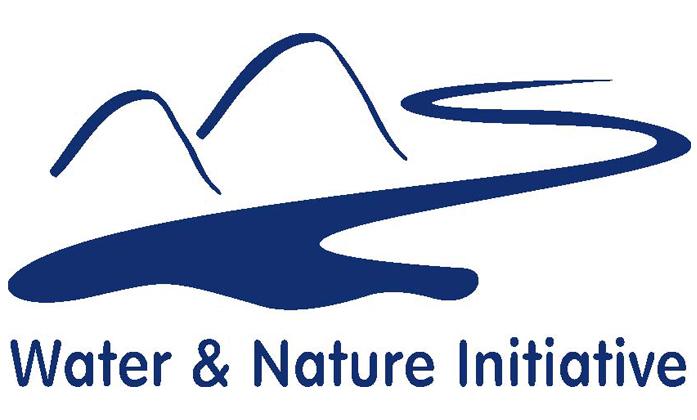About
IUCN Global Water Programme, through its Water And Nature Initiative (WANI) supported learning and innovation in IWRM (Intergrated Water Resources Management) based on best practice around the world and lessons from WANI demonstration basins. Sharing knowledge and experience builds capacities, empowering stakeholders to scale-up and adapt what works to national policy needs and local development priorities as well as to lead the IWRM implementation.
We produced a series of toolkits that bring together key water management, governance and economic tools for IWRM as a resource for learning and professional updating. Each one uses case studies to demonstrate how mainstreaming ecosystem services strengthens outcomes from IWRM. Our toolkits are widely and freely distributed and are used in training courses for water professionals, including intensive learning support for GEF river basin projects. The FLOW toolkit, for example, was translated into 10 languages, including Spanish, French, Portuguese, Vietnamese, Khmer and Chinese, using a multi-stakeholder process to build national constituencies for environmental flows. New dialogue and partnerships emerged, notably in China where the Ministry of Water Resources (MWR) translated FLOW and worked with the Yellow River Conservancy Commission and IUCN to promote use of environmental flows at senior levels in government and to engage in new pilot activities.
Achievements:
West Africa
Learning is a means of empowerment in IUCN. In the Senegal Basin, learning built capacities enabling participation in consultations on basin development by formerly excluded grassroots stakeholders. In the Volta River Basin, collaboration increased between NGOS and technical agencies from different sectors such as agriculture, forestry and the environment over implementation of river bank restoration.
South-East Asia
In the Mekong region, grassroots learning has been mobilized by Tai Baan, a process of villager-led research. With locally-owned knowledge, communities are empowered to act as their own advocates in otherwise expert-driven decision processes. In the Mekong River Basin, this led to suspension of development poised to destroy fishing livelihoods. WANI helped to network Tai Baan and supported the uptake by new communities in the Mekong Basin.
Central America
In the Tacaná watershed (Guatemala), a national commission was developed with the aim to develop and share micro-watershed management methodologies. Transboundary cooperation and knowledge exchange in this respect was facilitated regardless of official bilateral agreements with Mexico. In El Salvador , the municipalities involved were able to use workshop outputs in planning civil protection measures and develop management plans for community-level water administration boards.
East and Southern Africa
In the Pangani Basin (Tanzania), the Ministry of Water led exchange of experiences in integrating of environmental considerations into water management and pilot-tested an environmental flow assessment process among the country’s river basins. These and other experiences of river basin organizations around Africa were also transferred to the Lake Tanganyika Authority Secretariat. Sharing understanding of ecosystem approach concepts and integrated planning across sectors has shown to improve policy advising capacities such as in the Okavango (Botswana).
Capacity building that empowers stakeholders at all levels to integrate ecosystem management and water resources development supports changes in policy and practice needed to improve river basin sustainability. Learning should support innovation and adaptive management needed to scale-up best practice and enable change leadership that will accelerate implementation of IWRM.
